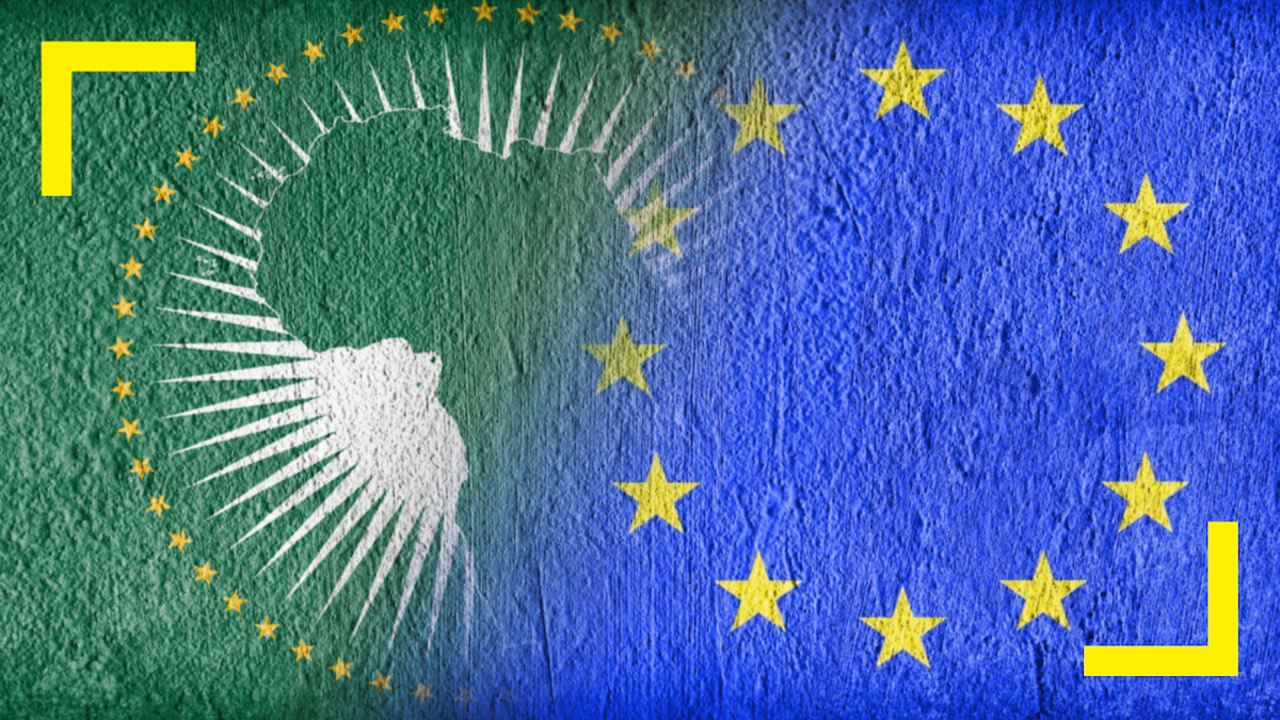Turkey exponentially increased arms exports to Africa in 2021

The export strategy of Recep Tayyip Erdogan's government had a clear objective at the beginning of 2021. Ankara had set its sights on Africa with the intention of making the continent one of its best markets for arms sales, boosted in turn by events in, for example, the Maghreb region. Turkey has exported $2.793 billion worth of defence equipment in the first 11 months of this year, according to data from the General Assembly of Exporters reported by Nordic Monitor.
The nearly $3 billion in sales represents an increase of 39.7 per cent over last year's figures for 2020. Turkish export data in the military sector set a record in 2019 with 2.7 billion, a figure that is expected to be far exceeded by the end of this year. In fact, Turkey is expected to close the third quarter at over $3 billion and set a new record high, which would boost military hardware within the country's exports as a whole, accounting for about 2% of the country's total volume.

Africa has been one of the Erdogan government's best and most successful markets. The data could not reflect this more clearly. The increase is no less than 700 per cent compared to last year's figures. From 41 million last year to 328 million this year, making the African continent the fifth largest market for Ottoman exports, behind only North America ($1.56 billion), the Commonwealth of Independent States ($411 million), the Middle East ($381 million) and the European Union ($338 million).
Looking ahead, Africa is expected to become Turkey's third largest defence export market. As Nordic Monitor also reported months ago, Ankara has been actively seeking business opportunities, reaching agreements with Uganda, Benin, Sudan, Tanazania and the Ivory Coast, among others. Industrial production, as well as the sale and maintenance of military equipment, have been the fundamental objectives of these agreements, which have also brought positions closer in terms of technical and logistical support and information exchange.

Turkey has strengthened ties indiscriminately. Morocco and Algeria, estranged since breaking off diplomatic relations on 24 August, have both been targets of agreement with Erdogan's side. Rabat signed a contract with Ankara in April for the purchase of 13 Bayraktar TB2 unmanned combat air vehicles worth $70 million. The same pact stipulates that the Turks will build four remote control stations and provide a system to track and store information. Tunisia has also been Turkey's customer for UAVs developed by Turkish Aerospace, acquiring TAI Anka for $80 million.
The long list of African countries that have signed agreements with Recep Tayyip Erdogan's government also includes Nigeria, Ghana, Somalia, Niger, Chad, Kenya, Burkina Faso, Mali and Rwanda. Most of these countries have acquired lower-cost equipment, particularly rifles and armoured vehicles. However, Nigeria stands out for the acquisition of targeting pods from the company ASELSAN and Niger for the TAI Hurkus combat aircraft and, like Morocco, the Bayraktar TB2.
This year, Turkey has achieved a significant increase in its exports to Africa. It should not be forgotten that this is only the first step in what Erdogan's government wants to achieve in the continent, making it one of its best markets. Taking advantage of situations such as the one between Rabat and Algiers is one of the trump cards that Ankara wants to exploit, and it has already made firm progress in its goal of gaining a prominent position in the African continent's arms market, with a record-breaking rise by the end of the year.








